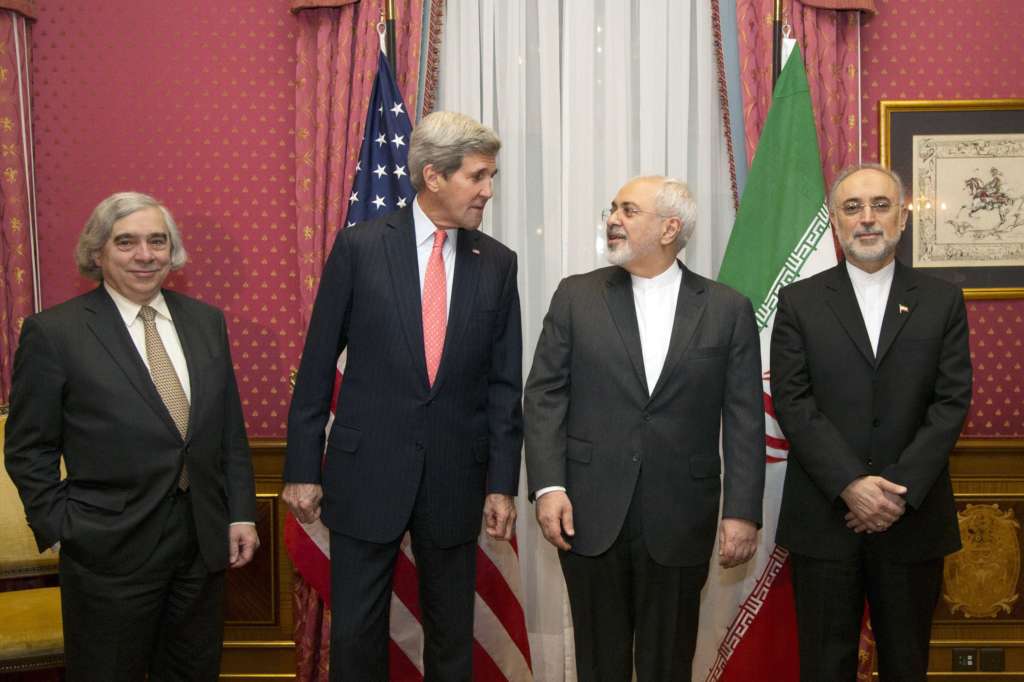London- The year 2016 was an opportunity for Iran to benefit from the nuclear deal it inked with the P5+1 by expanding its political and military interference in the Arab World, mainly in Syria and Yemen. These benefits were emphasized by Washington’s reluctance to curb the Iranian meddling aiming at maintaining the deal, which was considered one of Obama administration’s best achievements.
In 2016, however, Iran made a serious shift in its relations with the Arab countries after an attack launched by a Basij Group against the Embassy and Consulate of Saudi Arabia in Tehran and Mashhad following an official incitement. In return, Riyadh suspended its diplomatic ties with Tehran and kicked out the Iranian Ambassador.
Tehran sought to avenge the international and Arab stances against it by refusing Saudi conditions of pilgrimage, aiming to politicize the Hajj season.
On the political level, the supreme leader of Iran denounced the attack against the Saudi Embassy but refused to consider it an extremist assault.
Advantages of the nuclear deal
After the nuclear deal was struck, European delegations flowed to Tehran seeking economic interests and business deals; the French and Germans were the luckiest in this field, but financial institutions’ reluctance from dealing with Tehran foiled Hassan Rouhani’s development ambitions.
Generally, over the past year, Iran sought to hold major business agreements with oil companies like Shell and Total along with transaction to promote its aviation fleet by buying aircraft from Boeing and Airbus. However, the U.S. Treasury’s opposition to Iran’s use of the U.S. dollar in its transactions delayed the deal.
In June, the FATF Group, which monitors terrorist financing and money laundering, said in its newest classifications for 2016 that Iran has topped the blacklist of countries threatening the global financial institutions.
Elections and disputes among officials
On the other hand, parliamentary and leadership council elections were among the major events that took place in Iran in 2016. These elections acquired additional importance amid news on the deterioration of the Supreme Leader’s health and the parliamentary debate on Rouhani’s government efforts to pass the nuclear deal.
After a landslide win of Rouhani allies in the parliamentary elections, the “moderates” and the “reformists” announced the Hope parliamentary bloc composed of the 30 MPs of Tehran. Yet, Qasem Soleimani, senior military officer in the IRGC appeared two days before the new parliament’s oath and the fundamentalists’ MPs announced the “Wilaya” bloc led by Ali Larijani.
Corruption scandals
In July, anti- Rouhani websites leaked many government documents proving high-ranking officials had received illegal salaries; these leaks came after supreme leader Ali Khamenei assigned one of his assistants to investigate corruption cases.
In June, Khamenei’s special inspector Ali Akbar Nateq-Nouri said that the Iranian regime had suffered a blow amid major corruption cases. He also criticized data on addiction, divorce, corruption, and briberies saying the regime’s rivals are using them against it. Corruption reached the Municipality of Tehran and the education sector.
IRGC destroys Syria
On January 5, the IRGC revealed the second biggest storage of ballistic missiles amid government fears from missile tests before the inking of the nuclear deal.
Along with these experiences, the Iranian army has interfered in the Syrian war and has lost many militants. In mid-December, IRGC’s leader revealed for the first time that Iran has 200,000 militants spread in five Arab and Muslim countries. It is worth noting that in March, Massoud Jazayeri pledged to send troops to Yemen like it was done in Syria.
Expansionary, preventive war
Iranian media outlets published statements for Khamenei in which he defended the Iranian military intervention in Syria and other regions. With the beginning of May, Soleimani said that his forces’ presence in Syria and Iraq will guaranty the security and stability of Iran.
Deterioration of humanitarian conditions and community crises in Iran
Many sources, including the Iranian Statistics Center documented the deterioration in local community conditions; poverty has risen, displacement from rural regions to the cities has increased, and unemployment rates have reached unprecedented levels. Data revealed that seven million Iranians suffer from unemployment and expected the number to rise to 11 million within the five coming years.
On the other hand, the government sought to negotiate international entities to suspend sanctions related to human rights violations and considered as biased reports released by the Human Rights Council.
According to U.N. organizations, intelligence forces of the IRGC have targeted political activists in Ahvaz, which has a majority of Arab residents.
